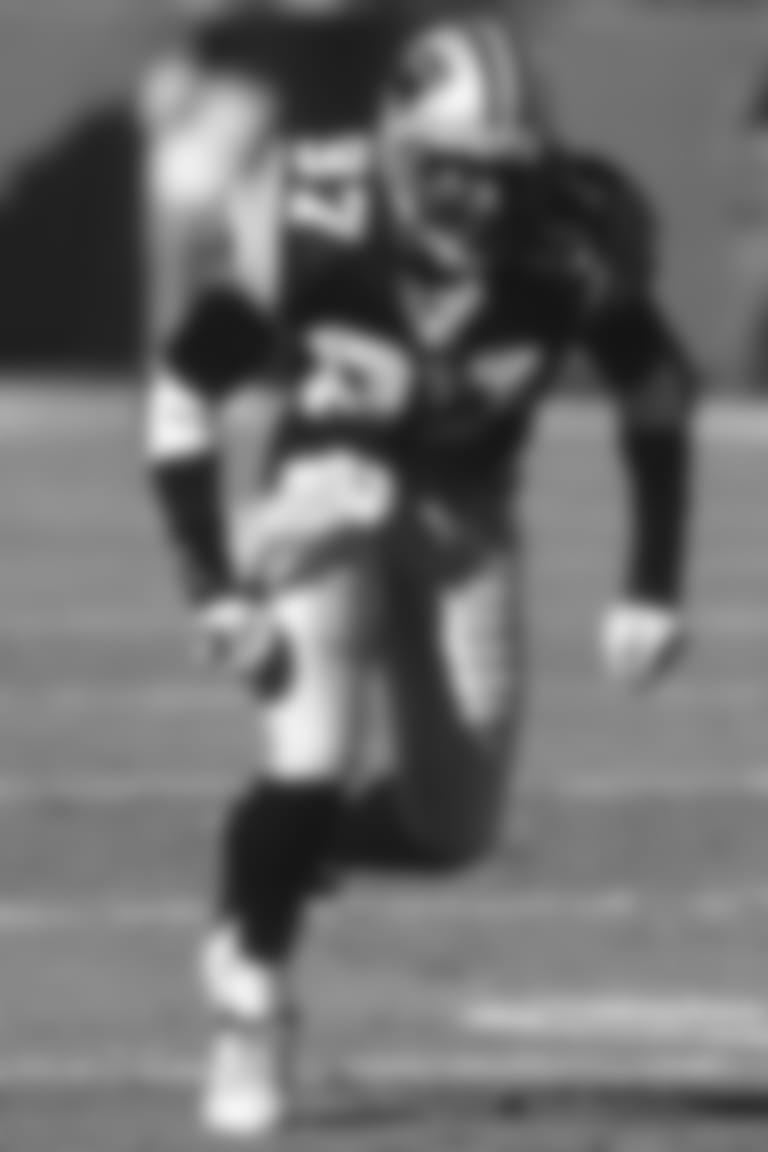The three early wins were nice, since they gave a new team the confidence it desperately needed, after the season before went off the rails.
But they were also necessary, as a new coach worked to establish his program, instill his philosophy, and start sifting through the pile to see who would help him implement it.
Then things got weird, and then things got worse. And as it was happening, it was hard to tell when it was going to end, though there was an underlying sense of something bigger happening.
If that sounds familiar to Panthers fans, it should, because the 2020 season to date is remarkably similar to the way things unfolded for the 2002 Panthers.
First-year head coach John Fox inherited a bit of a mess, rebuilt around and relied upon one competent side of the ball, and knew he'd have to hold on and hope until time and more people helped him fix the other side.
That they started 3-0, and then endured an eight-game losing streak, creates a roadmap for first-year head coach Matt Rhule as he stares into a 3-7 record and a five-game losing streak.
Rhule can only hope it turns out as well, as a late-flurry to close the 2002 season propelled the Panthers to a Super Bowl run the following year.
"I think as a player in that locker room, we felt like we had the chance to be a good team, and that we were on the cusp of something," former Panthers guard Kevin Donnalley said. "We had some early success, and then we lost our way a little bit.
"It's a lot like what those guys are going through right now. You can tell they're competing, you can tell they have a plan, but the margin of error for us and for them is so small."
FIRST, THE PAIN
Before that 2002 team would enjoy some eventual success, they had to get through one of the worst seasons in league history.
After winning the opener in Minnesota, the 2001 team lost 15 straight games, which led to the end of the George Seifert era.
It was a strange time for defensive end Mike Rucker, who was used to winning championships in college at Nebraska.
"I had to learn how to lose," Rucker said with a laugh.





















